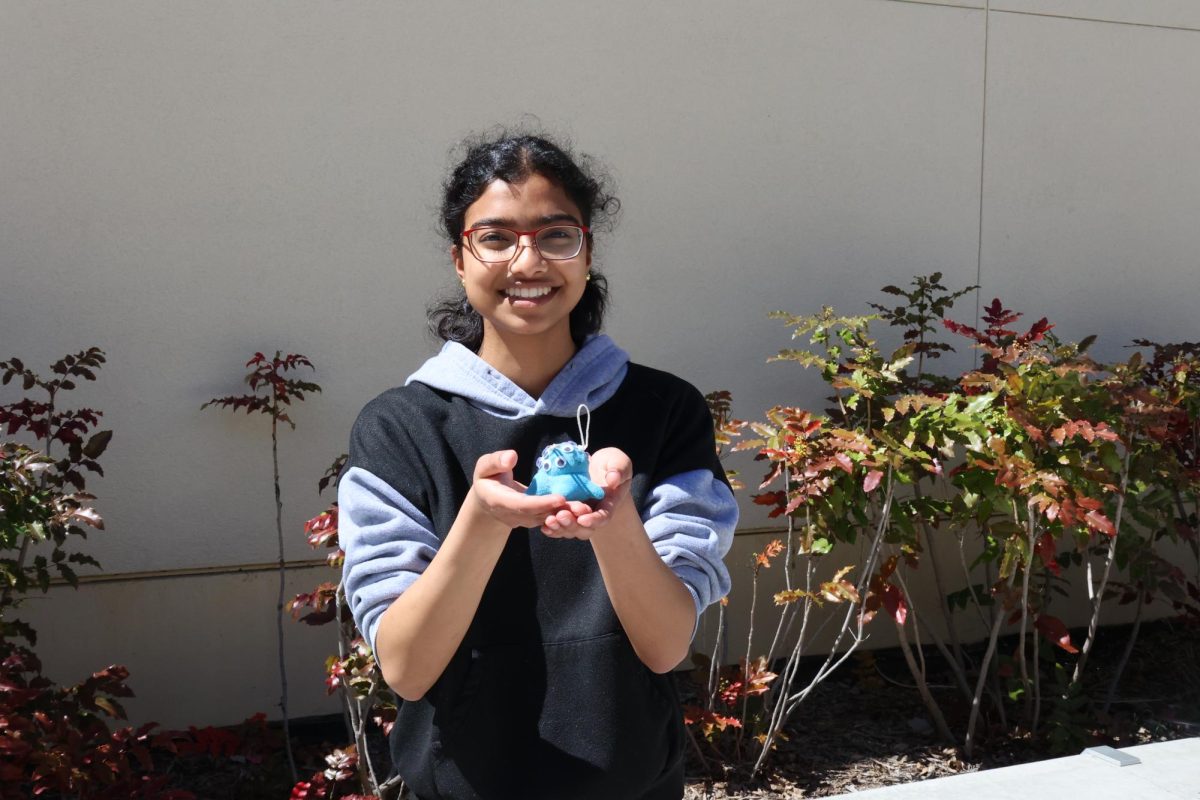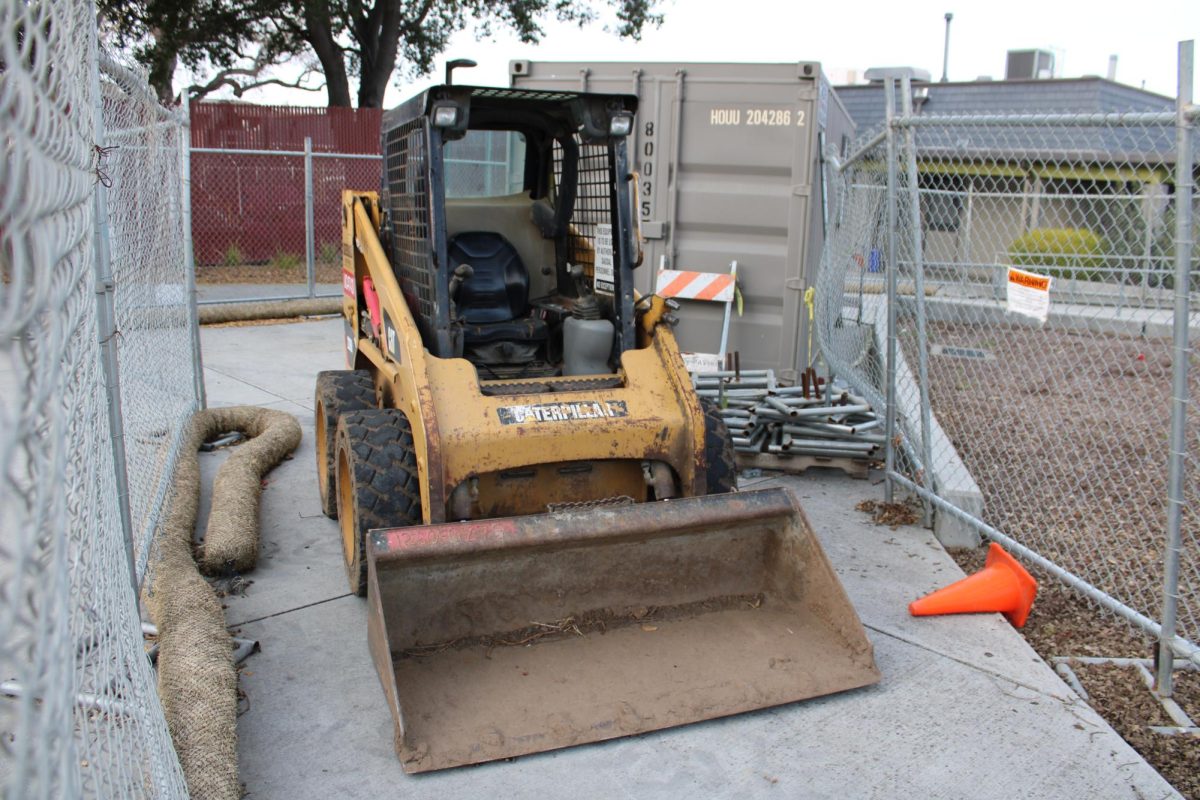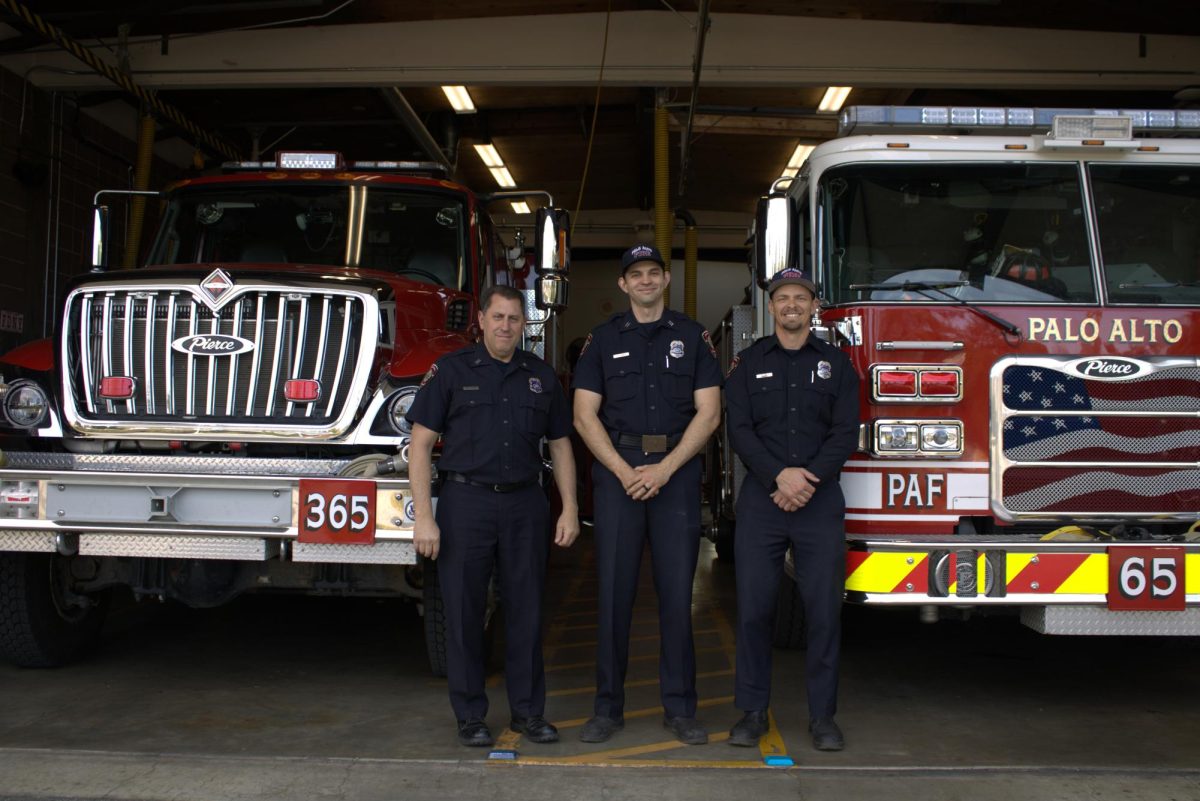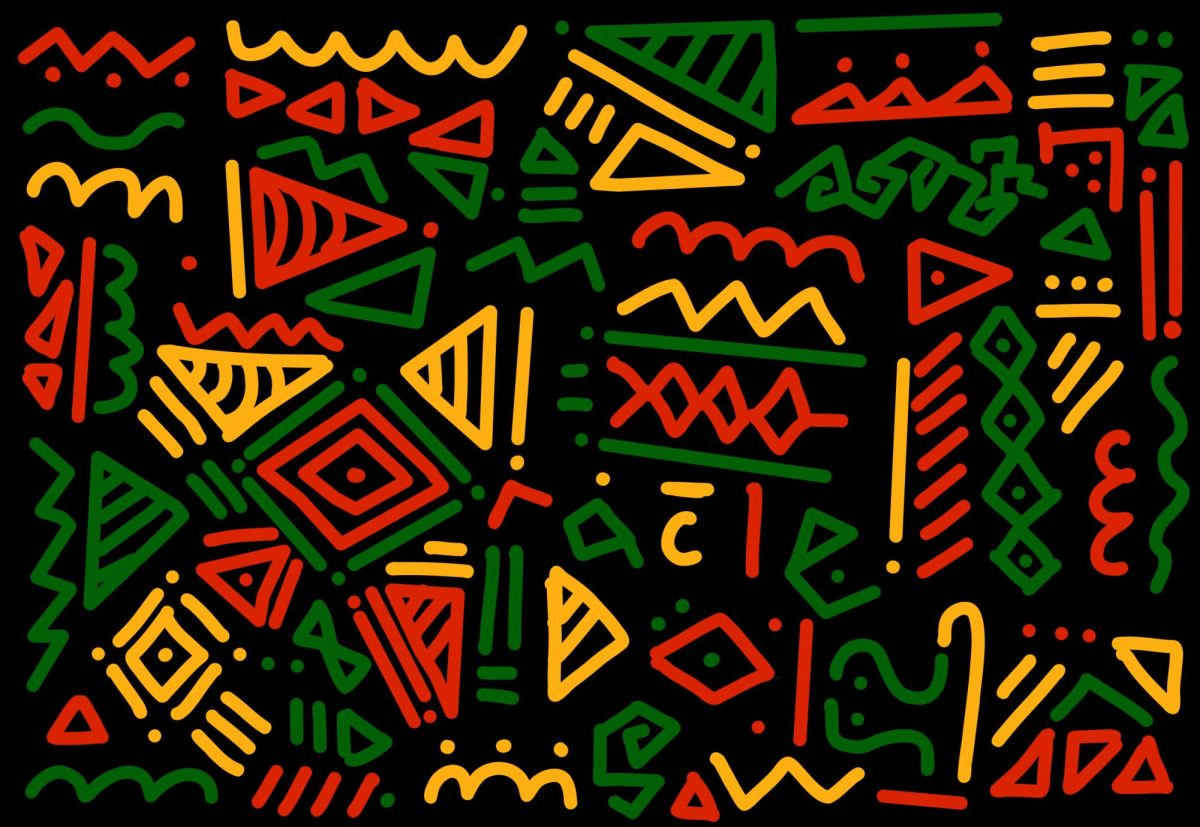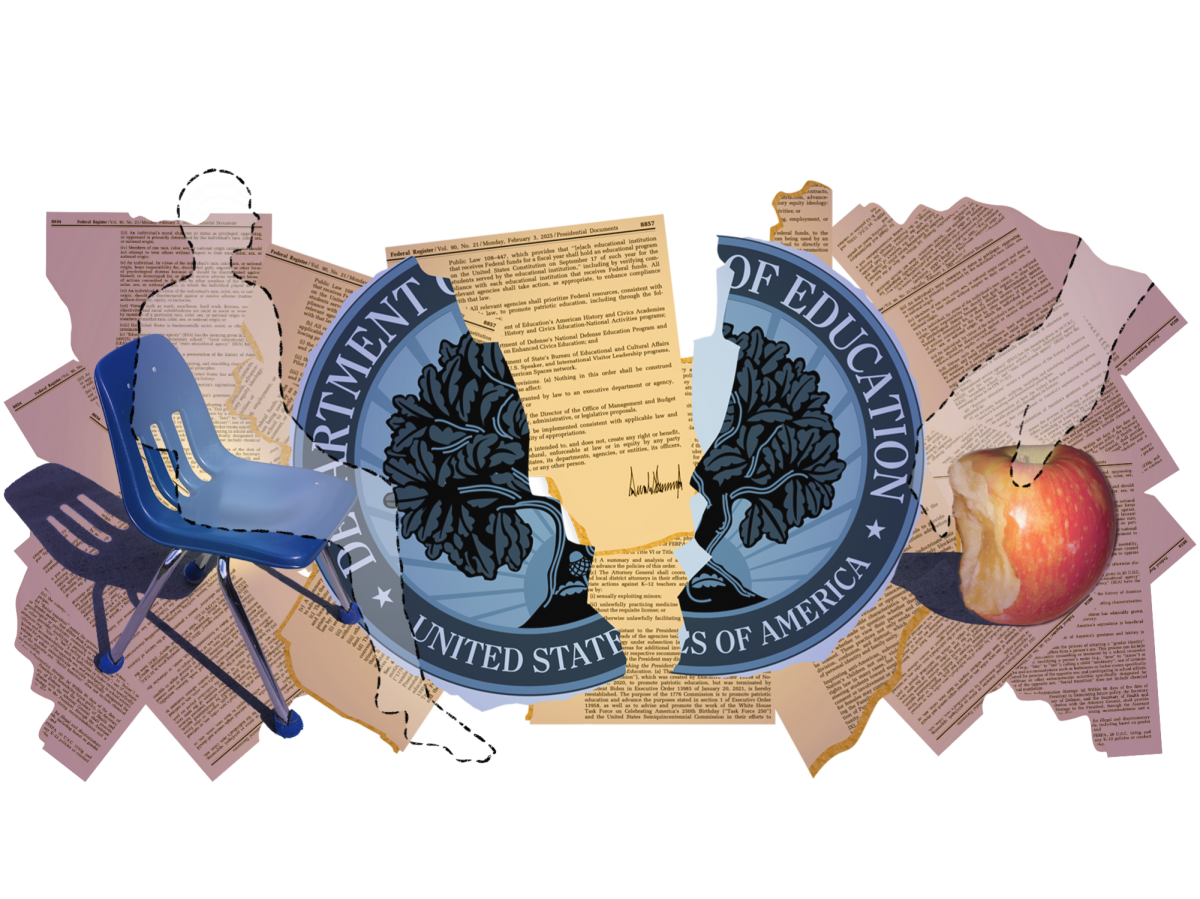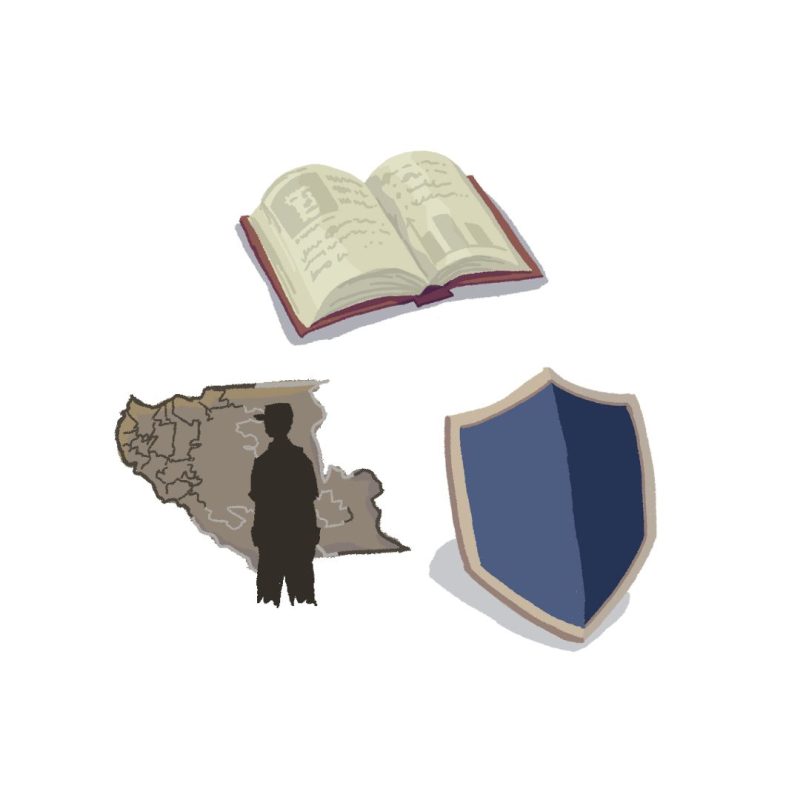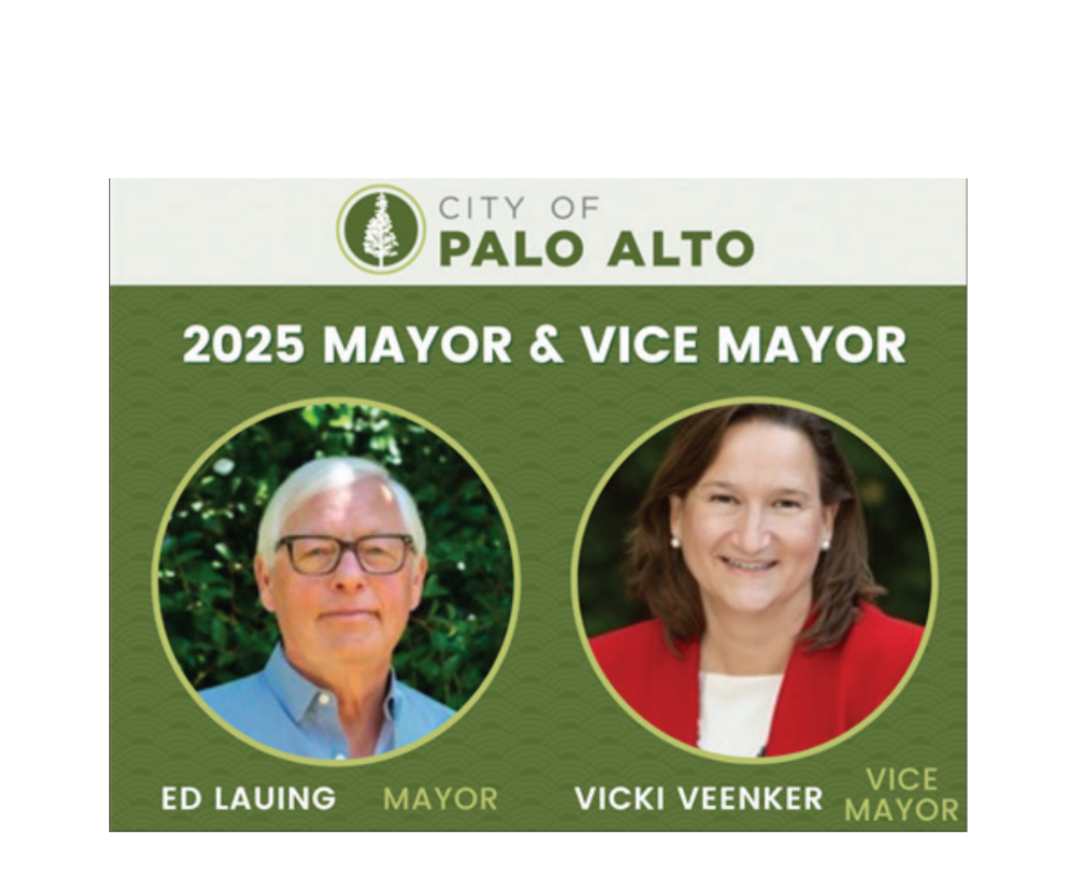Written by Deiana Hristov
Recently in the Gunn and greater Palo Alto community, efforts have been growing to raise awareness about one of the worst diseases known to man: cancer. Students and staff members have been banding together to plan events and to open up the discussion about the effects and impacts of the disease. “Many people have been impacted by cancer, whether through the loss of a family member or friend, to knowing someone who is currently battling cancer. Having a better understanding for this disease that impacts so many people is the first step in gaining more support for research for all types of cancers,” Student Activities Director Lisa Hall said via email.
One of these major events was the Haunted House and Harvest Festival hosted by the Student Executive Council (SEC) on October 30 and 31. The event featured carnival games, food and music, and all proceeds from the festival went to the Lucile Packard Children’s Hospital. In addition, students were able to donate to research at a Lucile Packard booth. “Initially, it was Ronald Cushing’s idea to create this haunted house because SEC has no actual events for Halloween,” Wellness Commissioner Vidhu Navjeevan said. “Planning the haunted house was a little difficult because it had never been done before, but basically once we figured out how we were going to build the walls of the maze, it was easy to find volunteers and decorations.”
It was also the students’ idea to reach out to Lucile Packard Children’s Hospital. “We contacted Lucile Packard Children’s Hospital and asked them if we could donate the proceeds of the haunted house to them, and they said yes,” Navjeevan said in an email. According to Navjeevan, the festival was a success.”The turnout for this weekend was much better than expected because at first, we were worried if there was enough publicity for it,” Navjeevan said. “My initial goal was raising two hundred dollars, but we quickly passed that. Our overall contribution to the hospital was $1100.”
In addition, Gunn is hosting a bone marrow drive on November 16 from lunchtime to 4 p.m. Students over 18 wanting to participate can attend an informational meeting during Flextime on November 10. The event was organized to raise awareness about the difficult process leukemia patients have of finding a bone marrow match. “There seems to be a stigma around bone marrow and organ donorship whereas most people will donate blood pretty freely. We’ve been able to host blood drives here without hesitation; however, there has been much more fear around this registration drive because people are not familiar with this kind of donation process,” English teacher Diane Ichikawa said. “If you are called on to be a donor, you can have one of two things to happen: you might be donating stem cells which is almost the same process as donating blood or you might be a bone marrow donor which would require being in a hospital.”
Because of this, only students over 18 will be able to donate; however, the rest of the student population will still be able to learn more about donating bone marrow through the drive. “We still want to give you the information if you’re under 18 because we realize that’s a large part of our population as well,” Ichikawa said. “Then you can sign up onto another form, give your name, birthdate and email and the Be The Match organization will send you a reminder email [when] you can come and sign up for the donor drives.”
Cancer activist organizations are also prevalent in the greater Palo Alto community. Students United Against Cancer (SUAC) is a student-funded organization that meets to plan events surrounding cancer awareness. “We are trying to raise awareness for all kinds of cancer through outreach events, through guest speakers, and bonding activities. Throughout the year we’ve done activities such as Relay for Life, Breast Cancer Cupcake Decoration party and a speaking night where we invited many professionals and doctors from Stanford to talk about their experiences with treating cancer patients,” co-founder junior Jamie Huang said. Huang’s personal experiences with cancer led her to founding the club. “I have some family members who have been affected by cancer, and since there’s not a lot of Palo Alto High School (Paly)-Gunn clubs that raise awareness for cancer, I wanted to start a club that reaches out to teens that reaches out to teens who are affected by cancer.” The organization focuses especially on cancer’s impact on high school students. “We categorize cancer patients as young, like children pediatrics, and adults, so the adolescents don’t really have a group they fit into,” junior William Park said. “I feel like it’s a problem that’s kind of not addressed that often, so I think that’s a big problem and I want to change that.”
The main goal of all outreach events is to help students see the impact cancer has on the community and to allow them to take an active role in helping combat the disease. “I think raising awareness for this disease is so important to the Gunn community because it is safe to say that almost everyone has been touched by this illness, which is why it is so important to support this cause,” Navjeevan says.
Huang agrees that cancer is something that isn’t addressed much in the community, but that is slowly being brought into view. “Cancer awareness is knowing that a lot of people in Palo Alto have been affected by cancer and watching out for sign of cancer, also just planning for events that help cancer patients. I think it’s important since cancer is one of the leading causes of death and many students don’t pay attention to signs of cancer. There’s a lot of people in the community who do have cancer but they don’t really talk about their experiences so students in the community aren’t super aware of it.”
Ichikawa also urges students to get involved as having a large and diverse pool of applicants largely raises the chances of finding a bone marrow match. “It’s really important for bone marrow registration to get a bigger variety of people who are willing to be donors because right now on the be the match registry, roughly 70 percent of the people who are registered are caucasians, and this is one of the rare times where race really matters: if you’re the same race there is a much larger chance of a match,” she said.







